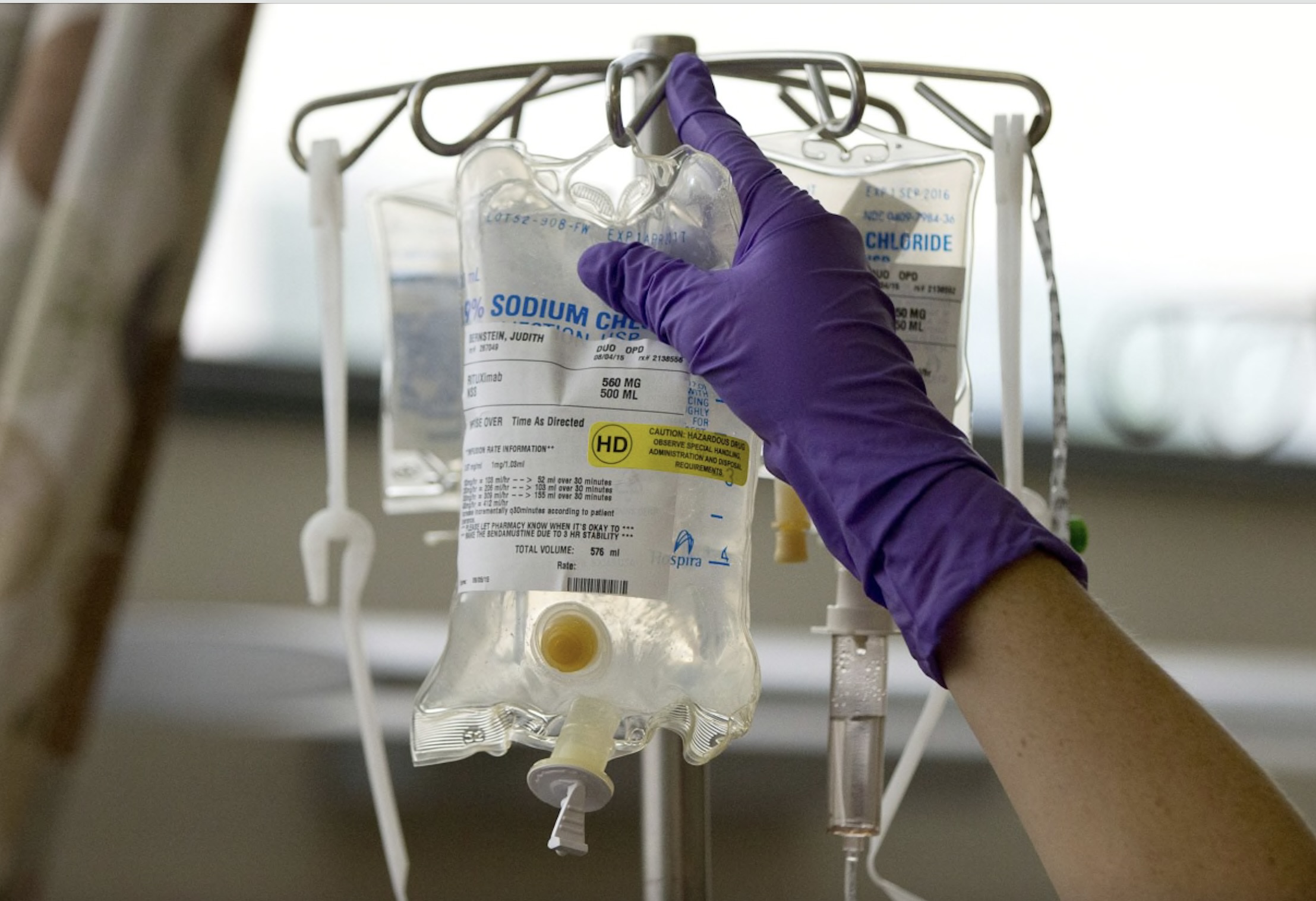Small Lymphocytic Lymphoma: Symptoms, Causes, Treatment
What are the symptoms of small lymphocytic lymphoma?
Small lymphocytic lymphoma (SLL) is a type of non-Hodgkin lymphoma that primarily affects the lymph nodes and blood. The symptoms of SLL can vary from person to person and may include:
- Enlarged lymph nodes: Swollen, painless lymph nodes, usually in the neck, armpits, or groin.
- Fatigue: Feeling tired or weak, which can be persistent and not relieved by rest.
- Unexplained weight loss: Losing weight without trying.
- Night sweats: Excessive sweating, particularly at night, unrelated to room temperature or physical activity.
- Fever: Persistent, unexplained fevers that may come and go.
- Feeling full: Abdominal discomfort or feeling full after eating only a small amount (early satiety).
- Swollen abdomen: Swelling or bloating in the abdomen, due to enlarged lymph nodes or spleen.
- Frequent infections: Due to a weakened immune system caused by the cancer.
- Bone pain: Pain in the bones, particularly in advanced stages of the disease.
It’s important to note that these symptoms can also be caused by other, more common conditions. However, if you are experiencing persistent or unexplained symptoms, it’s important to see a healthcare provider for evaluation.
What are the causes of small lymphocytic lymphoma?
The exact cause of small lymphocytic lymphoma (SLL) is not known. Like other types of non-Hodgkin lymphoma, SLL is thought to result from genetic mutations that cause lymphocytes (a type of white blood cell) to grow and divide uncontrollably. These mutations can occur spontaneously or may be triggered by exposure to certain environmental factors.
Several factors may increase the risk of developing SLL, including:
- Age: SLL is more common in older adults, with the risk increasing with age.
- Gender: Men are slightly more likely than women to develop SLL.
- Family history: Having a family history of lymphoma or other cancers may increase the risk of developing SLL.
- Immune system disorders: Conditions that weaken the immune system, such as HIV/AIDS or certain autoimmune diseases, may increase the risk of developing SLL.
- Exposure to certain chemicals: Some studies suggest that exposure to certain chemicals, such as benzene or certain herbicides, may increase the risk of developing SLL, although the evidence is not conclusive.
- Radiation exposure: Previous exposure to radiation, such as radiation therapy for other cancers, may increase the risk of developing SLL.
It’s important to note that having one or more risk factors does not mean that a person will develop SLL, and many people with SLL do not have any known risk factors. More research is needed to fully understand the causes of SLL.
What is the treatment for small lymphocytic lymphoma?
The treatment for small lymphocytic lymphoma (SLL) depends on several factors, including the stage of the disease, the location and size of the lymphoma, and the overall health of the patient. Treatment options for SLL may include:
- Watchful waiting: In some cases, especially for early-stage and slow-growing SLL, no immediate treatment may be recommended. Instead, the patient is closely monitored, and treatment is initiated if the disease progresses.
- Chemotherapy: Chemotherapy uses drugs to kill cancer cells and is often used as the first-line treatment for SLL, particularly if the disease is advanced or causing symptoms.
- Immunotherapy: Immunotherapy uses drugs to stimulate the immune system to recognize and attack cancer cells. It may be used alone or in combination with other treatments for SLL.
- Targeted therapy: Targeted therapy uses drugs or other substances to target specific molecules involved in cancer cell growth. It may be used for SLL that has specific genetic mutations or characteristics.
- Radiation therapy: Radiation therapy uses high-energy rays to kill cancer cells and may be used to treat localized SLL or to relieve symptoms such as pain or swelling.
- Stem cell transplant: In some cases, a stem cell transplant may be recommended, particularly for younger patients with advanced or aggressive SLL.
- Clinical trials: Clinical trials are research studies that test new treatments and may offer access to new therapies for SLL.
The specific treatment plan for SLL will vary depending on the individual case and should be determined by a multidisciplinary team of healthcare providers, including oncologists, hematologists, and other specialists. It’s important for patients to discuss their treatment options and preferences with their healthcare team to develop a plan that is right for them.




